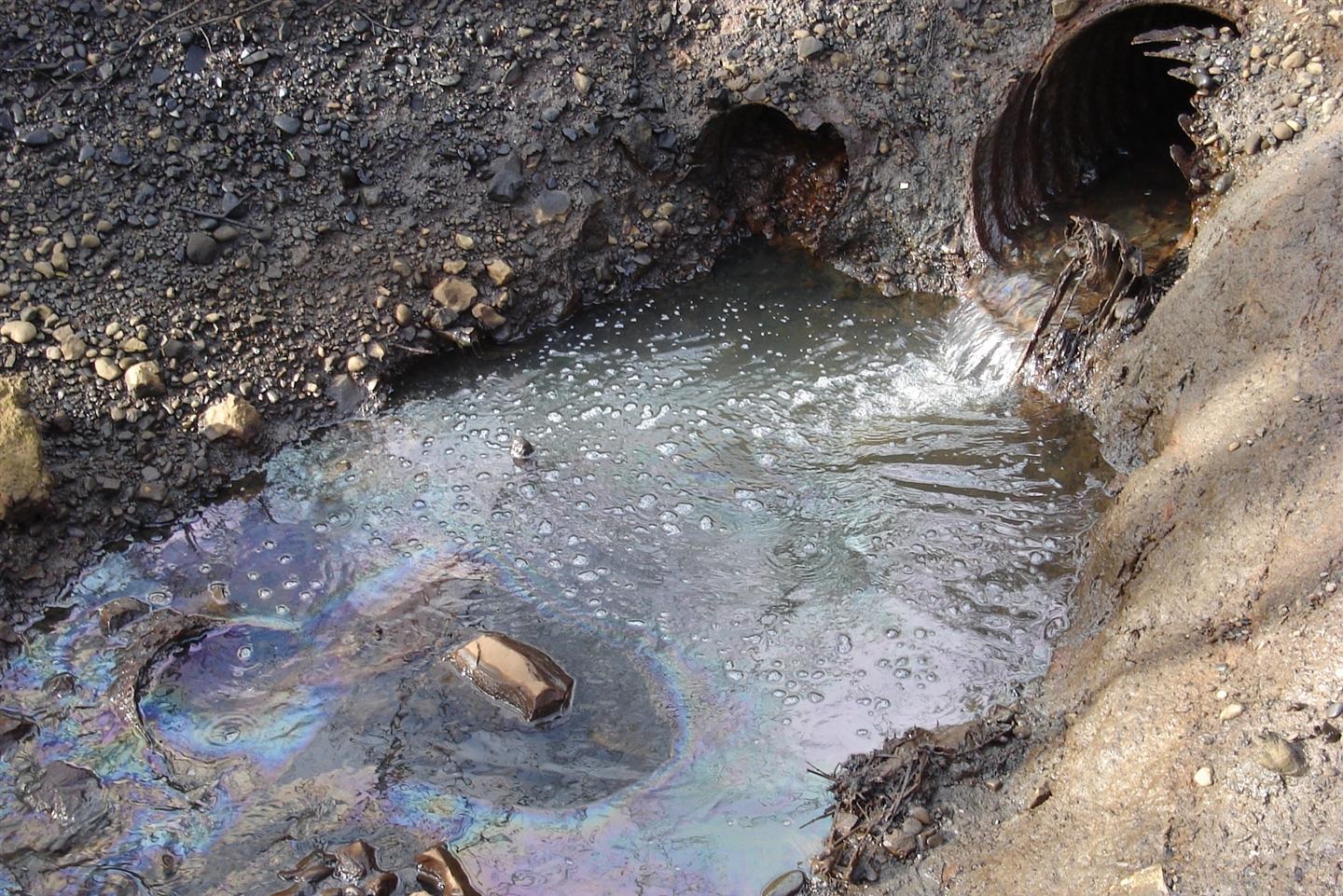Issues & problems in Puget Sound
Most environmental issues and problems facing Puget Sound stem from everyday human activities.
Key challenges
Much of Puget Sound appears to be vibrant, clean, and healthy, but our scientific studies show that this unique marine estuary has a variety of environmental issues and problems.
Changing water chemistry is making marine waters more acidic. As the Pacific Ocean and Puget Sound absorb more carbon dioxide from fossil fuel use and deforestation, the acidification of the water negatively affects marine organisms that need strong shells and skeletons such as shellfish, plankton, and fish.Bacteria in Puget Sound can come from a number of sources but especially animal waste, human waste from faulty septic systems, waste discharges from boats, sewage overflows, wastewater treatment plants, and contaminated stormwater runoff. Too much bacteria pollution can close harvest of shellfish beds or make saltwater beaches unsafe for swimming.
Low levels of dissolved oxygen combined with high levels of nitrogen can stress and even suffocate marine life. While some natural influences can lower oxygen levels, many human-generated nitrogen sources contribute to the problem, including heavy fertilizer use, livestock manure, septic systems, and wastewater treatment plants. Too much nitrogen fuels excessive marine algae growth, which then die and decompose, consuming oxygen.
Toxic chemicals in Puget Sound enter, in large part, from the small, steady release of toxic chemicals in everyday products, such as the brakes on our vehicles, flame retardants in our furniture, softeners in plastic, and building and roofing materials. As we use and dispose of these products, the toxic chemicals they contain can enter rivers, lakes, and the sound. Toxics accumulate in fish and marine mammals.
Sound science
To better gauge the environmental health of Puget Sound and track changes, our scientists:
- Monitor water and sediment quality in Puget Sound and the streams, rivers, and other water bodies that drain to the estuary.
- Track dissolved oxygen levels, turbidity, salinity, pH, and flow patterns, among other parameters.
- Study which toxic chemicals reach Puget Sound, how they are get there, and potential actions that can reduce or eliminate toxic threats.
- Monitor the changing benthic community - the animals living on the bottom of the Sound.
Working together on solutions
We work in close collaboration with a wide variety of other state and federal agencies, local and tribal governments, non-profit organizations, educational institutions, and private sector partners.- How we help Puget Sound discusses ways that our agency works with others in activities that make a difference.
How you can help
By working together to restore, protect, and preserve Puget Sound everyone can make a difference now and for future generations.
- Washington Waters: Ours to Protect shows ways you can help limit, or event stop, pollution that harms Puget Sound and the waters that flow to it.
Related links
Contact information
Curt Hart
Communications Manager
curt.hart@ecy.wa.gov
360-407-6944


